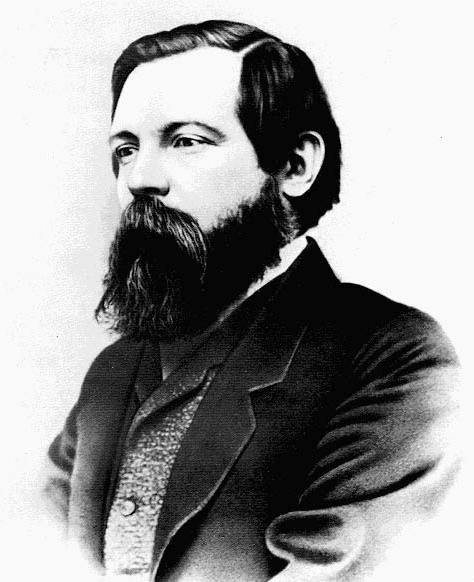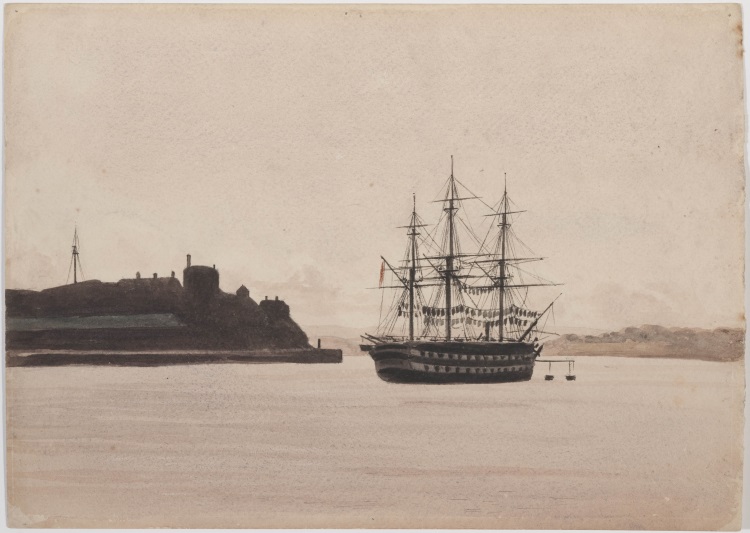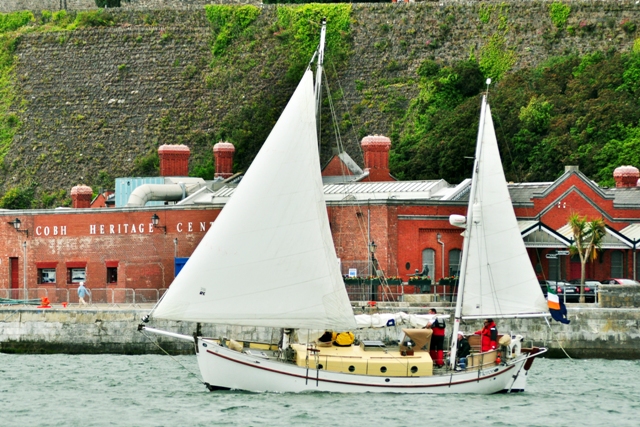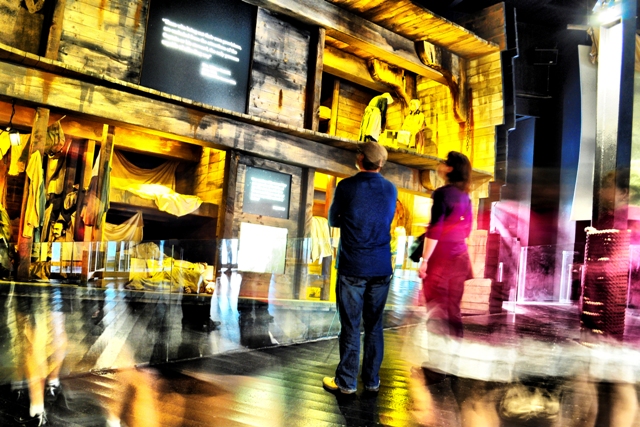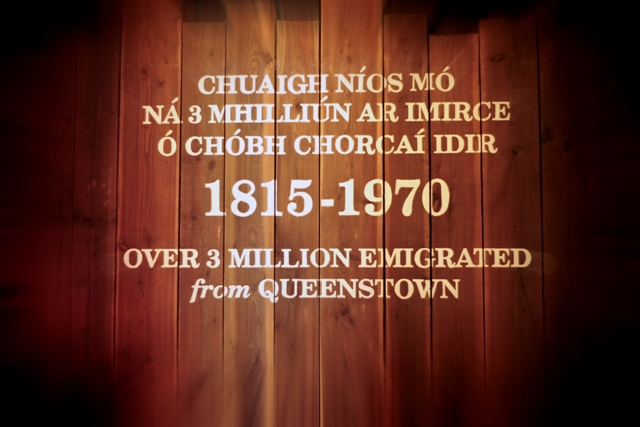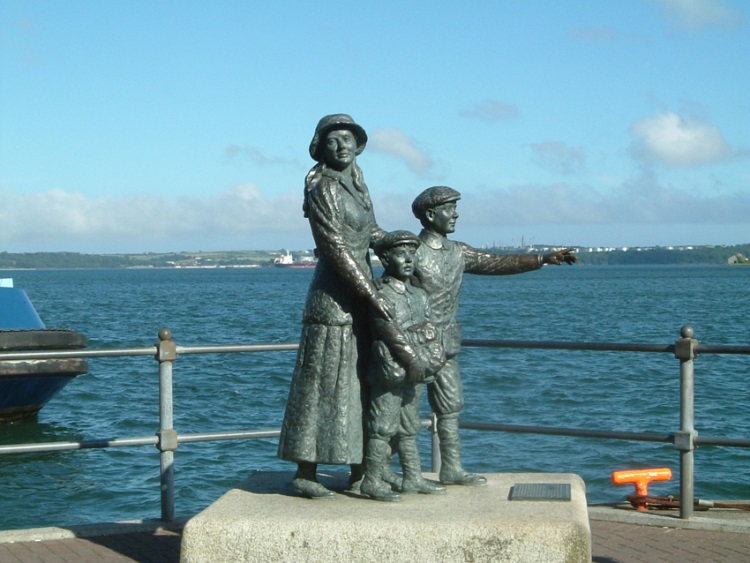Friedrich Engels and the sisters Burns
Friedrich Engels, co-founder of communism, lived much of his life with an Irish woman Mary Burns. She, her sister Lizzie and his visits to Ireland had a big influence on his thought. Engels did not, at first, think highly of the Irish he encountered in the slum districts of Manchester when he collected material for his volume on the “Conditions of the Working Class in England” (1845). He called them “the lowest stage of humanity” and “little above the savage”. In 1843 he met a working-class Irish woman, Mary Burns, and they lived together until her death in 1863. Mary was uneducated but also, according to Eleanor Marx, “very pretty, witty and altogether charming”. She was also politically radical. Mary and her sister Lizzie lived with Engels and after Mary’s death, Lizzie became his lover and later his wife. Their influence changed Engels’s mind, not just about Ireland, but about the revolutionary potential of nationalist movements.
Engels visited Ireland with Mary in 1856. He was shocked by the impact of the Great Hunger a decade before: “I never understood before that famine could be such a tangible reality.” 1869 he went again to Ireland, this time with Lizzie and Eleanor Marx, travelling from Dublin to Killarney, Cork and Cobh, and collecting material for his planned “History of Ireland”, for which he learned Irish. He never finished it. Fintan O’Toole
